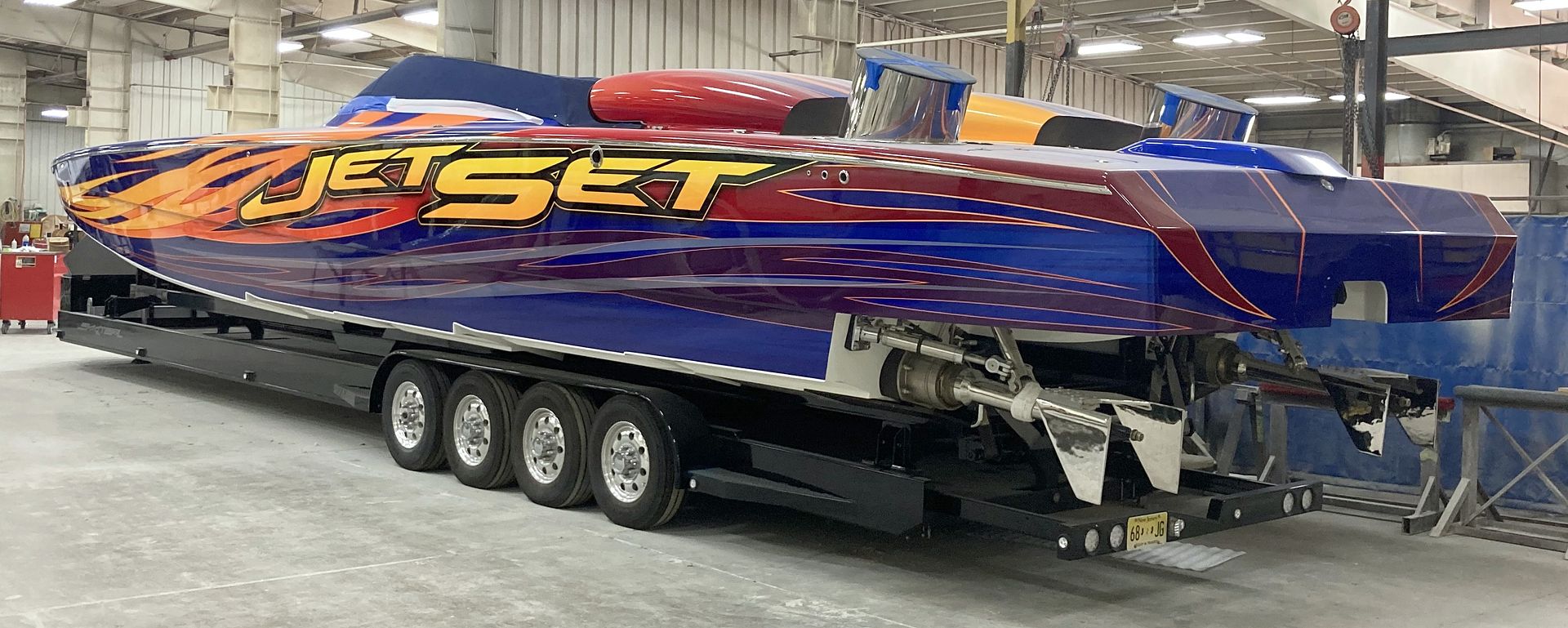JupiterSunsation
New member
Read an article today on a Viking with a pair of 2400's and now there is even a bigger option out there. Old 300-400 HP non-turbo diesels run tens of thousands of hours albeit in work boat applications rather than weekenders running sportfishes wide open.
Anyone know the rebuild schedule on a new pair of big HP diesels? Some of the diesel forums mention "new throw away" diesels meaning the cost to rebuild a pair of 1000-1400 HP motors can often exceed the value of the motors and many opt to replace the power instead.
On this Viking the option to get them initially was 300K over standard power. But you can have a big sportfish running speeds of almost 50 mph! :sifone:
Anyone know the rebuild schedule on a new pair of big HP diesels? Some of the diesel forums mention "new throw away" diesels meaning the cost to rebuild a pair of 1000-1400 HP motors can often exceed the value of the motors and many opt to replace the power instead.
On this Viking the option to get them initially was 300K over standard power. But you can have a big sportfish running speeds of almost 50 mph! :sifone:
